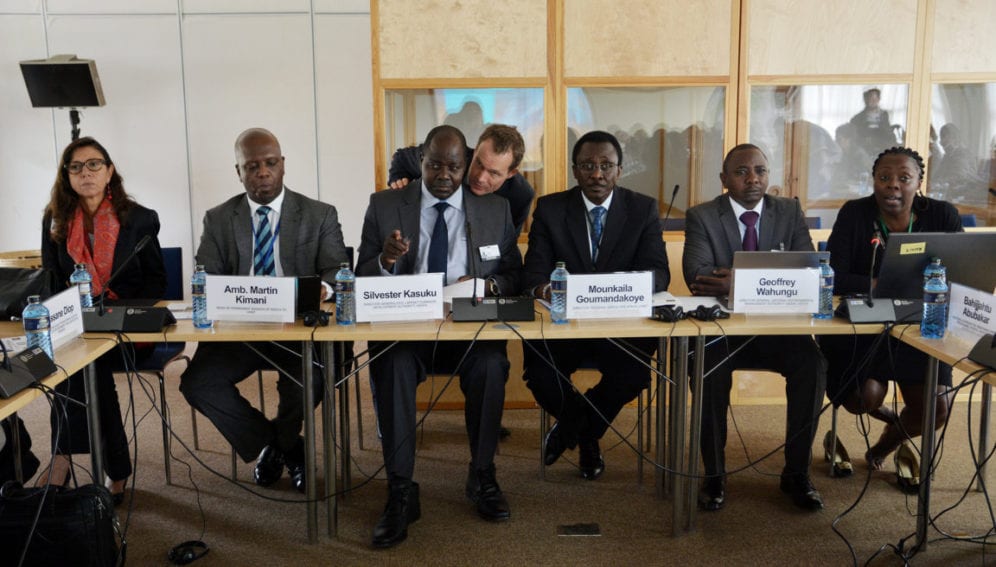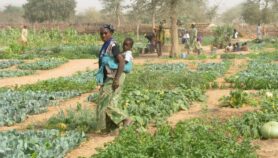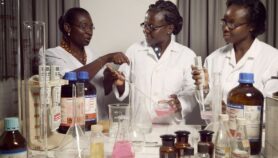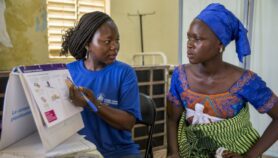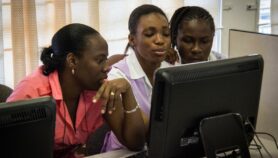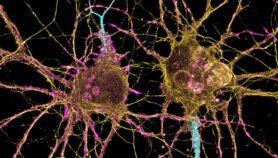By: Gilbert Nakweya
Send to a friend
The details you provide on this page will not be used to send unsolicited email, and will not be sold to a 3rd party. See privacy policy.
[NAIROBI] Gender equality and gender-related issues have been at the heart of a number of contemporary development agendas globally with a special focus on women empowerment.
During the inaugural United Nations Environment Assembly in Nairobi, Kenya, last week (June 23-27), it emerged that men are more involved than women in research and policy formulations in climate change and environmental conservation.
Janet Kabeberi-Macharia, a senior gender adviser at the United Nations Environment Programme, says that although a number of interventions have been established to promote gender balance in scientific development, women still lag behind their male counterparts, especially in developing regions such as Sub-Saharan Africa.
“We need to look at the quality of the outcome of the women involved in environmental research work. Numbers are good, but the quality of the outcome is most important as it is a good measure for women involvement.”
Janet Kabeberi-Macharia, The United Nations Environment Programme.
Kabeberi-Macharia notes that it is important to have equal number of men and women in environmental and climate change research initiatives. “We need to look at the quality of the outcome of the women involved in environmental research work,” she explains. “Numbers are good, but the quality of the outcome is most important as it is a good measure for women involvement.”
Kabeberi-Macharia adds that there is need to build capacity from the community level to higher levels to involve more women in environmental research, adding that capturing and documenting indigenous knowledge on environmental conservation could also help tap more women in research work.
According to the Women’s Major Group, some of the crucial issues to be addressed include looking at the impacts of SDGs on communities and climate change, and linking climate change with issues that directly affect people in the developing world such as poverty.
The Women’s Major Group has been working to ensure the engagement of women by the UN in key issues of sustainable development. Created to contribute to inter-governmental processes on Sustainable Development Goals (SDGs) with a link to the post-2015 development agenda, the group has managed to bring women from all walks of life to engage in key developmental issues such as the environment.
Meena Bilgi, a gender and agriculture specialist of the group, believes that land issues need to be addressed at household levels. She advocates for women to have rights to land ownership so that they can access credit facilities such as bank loans to acquire start-up capital for development projects.
Gender empowerment, especially involving women in key processes, is crucial to realising sustainable development. However, a lot has to be done to reach more women at the grassroots level to voice their concerns on critical issues of SDGs and the post-2015 development agenda.
Bilgi argues that women are more integrated in environment than men in terms of gender roles such as farming, fetching firewood and cooking.
I agree with Bilgi and hope that women would be empowered to take active part in environment and climate change research.
This article has been produced by SciDev.Net's Sub-Saharan Africa desk.


